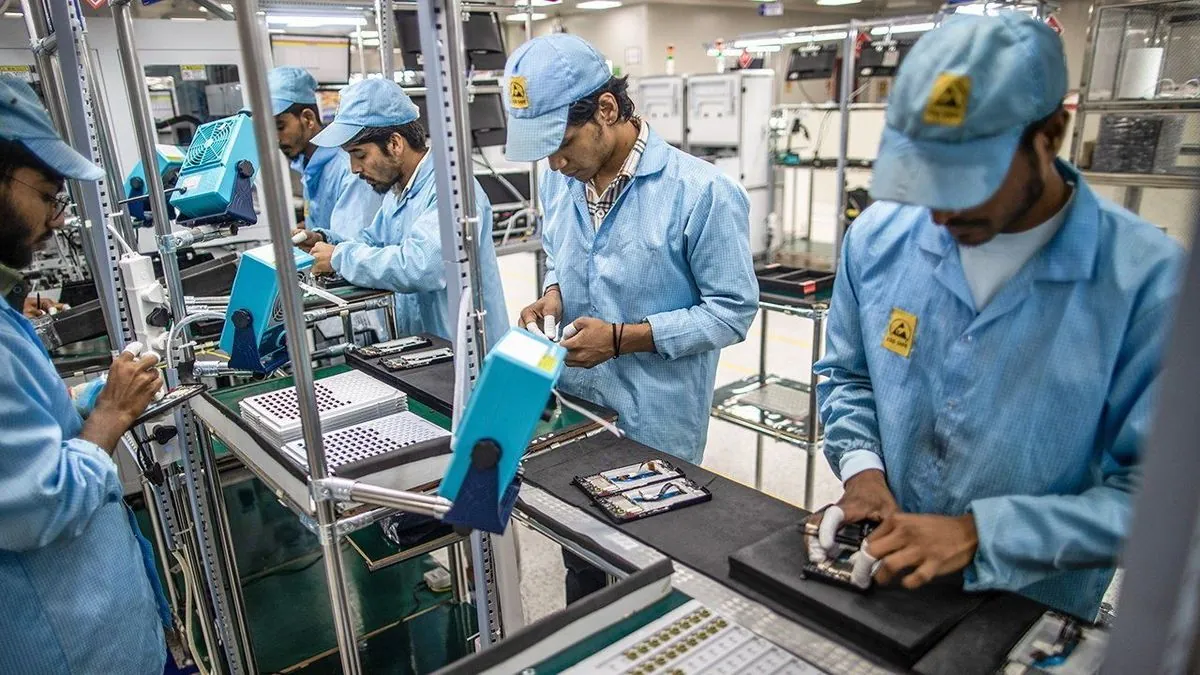Samsung Workers' Strike in India Challenges Electronics Manufacturing Goals
A labor strike at Samsung's plant in India, backed by CITU, enters its fifth day. The protest over low wages threatens to impact Prime Minister Modi's ambitious "Make in India" initiative and electronics production targets.

In Chennai, India, a labor dispute at a Samsung manufacturing facility has entered its fifth day, casting a shadow over the country's ambitious electronics production goals. The strike, supported by the Centre of Indian Trade Unions (CITU), highlights the growing tensions between workers and multinational corporations in India's rapidly expanding electronics sector.
The protest, which began on September 8, 2024, has disrupted production at the Samsung plant, potentially impacting Prime Minister Narendra Modi's "Make in India" initiative. This program, launched a decade ago, aims to transform India into a global manufacturing hub and triple electronics production to $500 billion within six years.
CITU, a labor group with 6.6 million members, is backing the Samsung workers in their demand for higher wages. The organization, founded in 1970, has historically focused on the automotive sector but is now expanding its influence in the electronics industry. S Kannan, CITU's Tamil Nadu deputy general secretary, stated:
The strike at Samsung is notable for its scale and impact on production, which is uncommon in India's electronics industry. Previous significant labor unrest in this sector occurred in 2021 at iPhone supplier factories, triggered by issues such as unpaid wages and food poisoning incidents.

According to CITU, Samsung workers currently earn an average of 25,000 rupees ($300) per month. They are demanding a raise of 36,000 rupees ($430) over three years. This situation underscores the challenges faced by workers in India's manufacturing sector, where the average monthly wage is around 17,000 rupees ($205).
The labor dispute occurs against the backdrop of India's ambitious plans for its electronics industry. The country aims to achieve a $1 trillion digital economy by 2025, with electronics exports growing by 55% in the 2022-23 fiscal year. However, the success of these goals may depend on addressing labor concerns and improving working conditions.
K.R. Shyam Sundar, an economist specializing in labor reforms, commented on the situation:
As the strike continues, Samsung has stated that it has initiated discussions with workers to resolve the issues promptly. The outcome of this dispute may have significant implications for India's labor relations and its aspirations to become a global electronics manufacturing powerhouse.


































